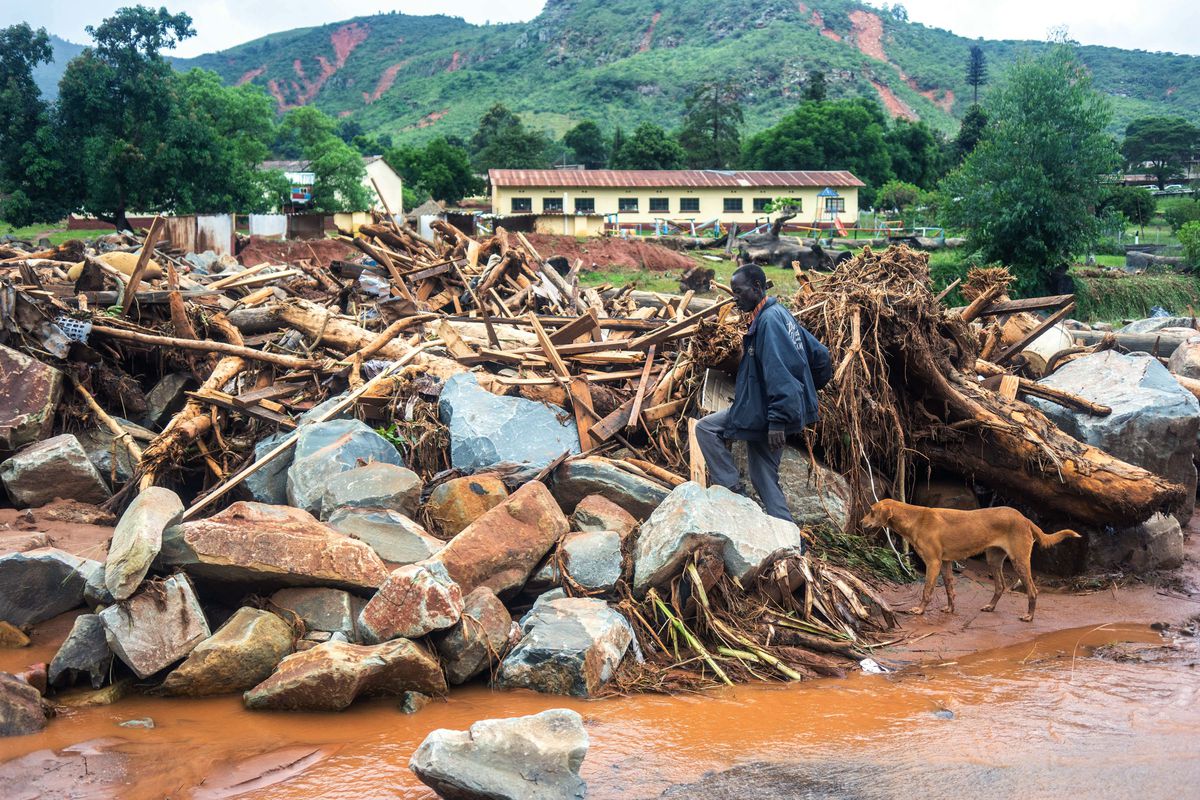By Joyce Mukucha
The Eastern and Southern African (ESA) region remains heavily impacted by effects of climate change which continue to be dire resulting in food and water insecurity, loss of lives and livelihoods, displacement of people among other direct impacts especially on the vulnerable population groups with Zimbabwe, Malawi and Mozambique among other region countries recently affected by Cyclone Idai.
This was reviewed during the ongoing two-day African Risk Capacity (ARC) Workshop for ESA member states that kicked off in Harare which is running under the theme “Strengthening ARC Presence in the Region, Challenges and Opportunities”.
The workshop’s main thrust is to build initiatives on how the region can respond early, efficiently and effectively to disasters in order to minimise climate related insecurities. It also seeks to obtain country feedback on how ARC can increase its outreach and align with ongoing initiatives in these regions for better integration of the programme and create awareness on additional work streams.
Speaking during the ARC conference in Harare on the 30th of October 2019, the ESA Region Head of Services, Ms Lucy Nyiranda emphasised that it was imperative for the region to collaborate and enhance preparedness to build a resilient Africa with sustainable livelihoods since the disasters were enormously impacting on vulnerable populations. She said it was crucial for governments to allocate more funds on risk and disaster management.
“As we strive to reduce the impact of disasters we are facing in the region, it is imperative to strengthen ARC programme with other disaster risk financing initiatives for improved efficiency in programme implementation at country level and ensure enhanced coordination. Issues of climate change continue to worsen in Africa, and there is need to protect food security as well as strengthening public policy through a sustainable business model.
“It is worthwhile for ARC to reflect on the programme implementation to augment understanding of its value suggestion across the region cognisant of all other similar initiatives that are being implemented by stakeholders and explore the best approaches to align similar initiatives in countries for efficiency,” she said.
Briefing state of disasters incidences and response in the ESA Region, the Deputy Head, Regional Office for Southern and Eastern Africa United Nations Office for the Coordination of Humanitarian Affairs (UNOCHA), Ms Aida Mengistu highlighted that more people were affected by climate crisis with $900 billion required for humanitarian assistance in the year 2008. In East Africa, she said, humanitarian needs were increasing with drought and floods continuing to persist from 2015 to 2018 resultant to vulnerability of people regionally and globally.
The Advisor, Climate Change, and COMESA Secretariat Dr Mclay Kanyangarara stressed that adaptation to climate change was a number one priority to all African countries. He said, “This is to support our country to participate effectively in the international fora. We need access to technology to mitigate climate change and we need of about $30 trillion for developing countries to develop climate change instruments. It is important for the governments to develop additional resources to deal with climate threats. Also, there is need to bring on board the private sector to support the actions of government.”
Shedding light concerning disaster management in Zambia, the Director for Disaster Risk Reduction, Disaster Management and Mitigation Unit, Mr Anderson Banda said in terms of regional and continental arrangements, Zambia had managed to work according to the frameworks where they have priorities of adaptation and resilience.
“Disaster management in the country continues to be improving as we continue to work with cooperating and developing partners to address the drought situation. We talk of millennium and development goals at continental level. Concerning ARC, Zambia is making strides to reduce drought impacts and coming up with initiatives to respond to natural disasters, integrating communities in implementing the programmes geared at mitigating climate change and anthropogenic factors,” said Banda.
Within their day to day governance systems, Banda urged Governments in the region to continue taking on board innovative advancements in disaster risk management, early warning, and information analytics and risk financing instruments. However, it has been learnt that some of the disasters have been severe enough to have caused extensive fiscal risks and budget volatilities compounding governments to unsustainable budget reallocations and supplementary budgets.
Some countries have gone through the development of DRF strategies that are effective in as much as responding to climate disasters is concerned. For Kenya, El Nino, drought, and floods are the most impacting disasters with drought being the most prevalent in the recent years but the country has previously dealt with disasters through budget reallocations, humanitarian assistance.
Other countries in the region which include Malawi and Mozambique, among others, also managed to place instruments to deal with emerging risks though they encounter challenges such as difficulty to get enough funds to address disaster issues through reallocations and humanitarian appeals tend to be a subject of delays, unpredictability and cost-inefficiencies.
The workshop aims to enhance implementation and adaptation of the ARC mechanisms in the ESA region. It is being attended by different Government representatives of the ARC programme that include Madagascar, Mozambique, Comoros, Djibouti, Kenya, Malawi and Zimbabwe among others. Development partners, RIASCO members, multi-lateral financing institutions are also part and parcel of the workshop.






